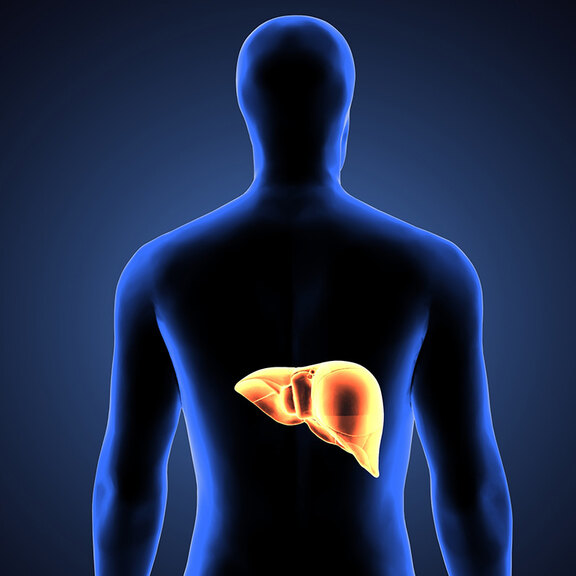Spring 2020 saw the world turned completely upside down by the COVID-19 pandemic. On March 11, 2020, the World Health Organization (WHO) declared the epidemic, which until then had been confined mainly to China, a global pandemic. In the search for vaccines, Mainz- based company Biontech quickly made its mark. In less than a year, the company, working in collaboration with Pfizer, developed a COVID-19 mRNA vaccine. The vaccine is based on messenger ribonucleic acid (mRNA) and is able to stimulate the body’s own immune response. In this process, the blueprint for the spike protein located on the surface of the coronavirus is transported into the muscle cells. These in turn start to produce viral protein for a certain period of time. The immune system responds by producing antibodies. T-cells, a special class of immune cells, help the immune system fight intracellular infections.
Rapid and specific immune response
By confronting small, harmless fragments of the COVID-19 virus, the immune cells “learn” how to recognize and attack the virus. In this way, the body can respond rapidly and specifically to the actual virus, even in severe cases. This prevents the virus from spreading throughout the body and thus also from being transmitted to other people. The main difference between the mRNA vaccine and conventional vaccines is that instead of viral proteins the mRNA vaccine contains only the information that our own cells need to trigger an immune response.
Further fields of application for mRNA technology
The mRNA vaccine is not only a milestone in the fight against coronavirus but could also be suitable for other fields of application. Experiments have shown, for example, that certain therapeutic antibodies can be formed in liver cells with the help of mRNA technology There are also promising signs in cancer research. So when it comes to our health, the potential offered by mRNA technology is huge – as are the hopes placed on it.
(Bild: Feydzhet Shabanov – AdobeStock.com)



